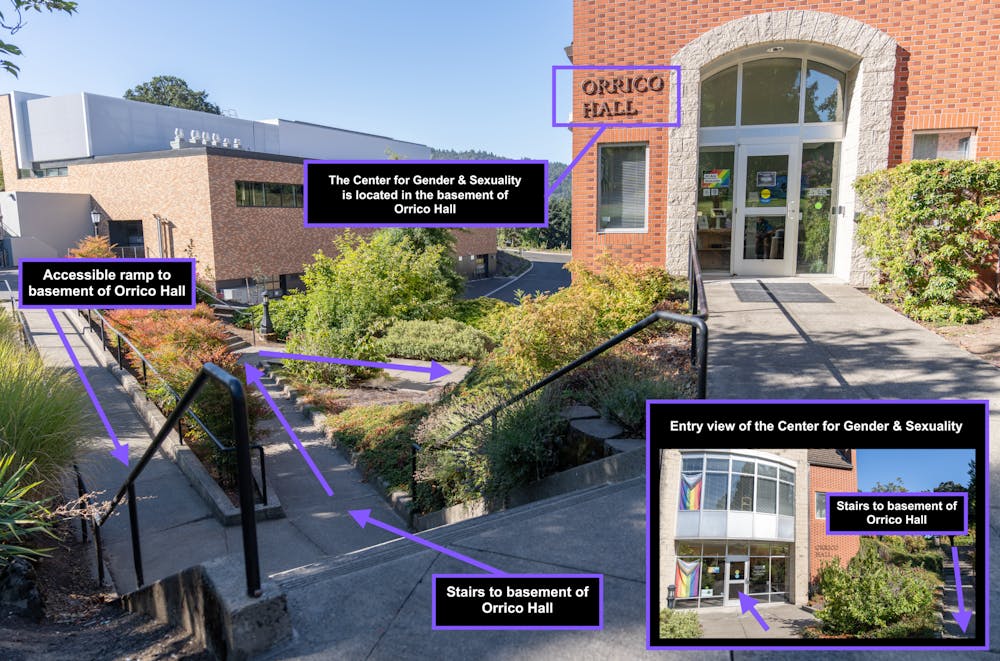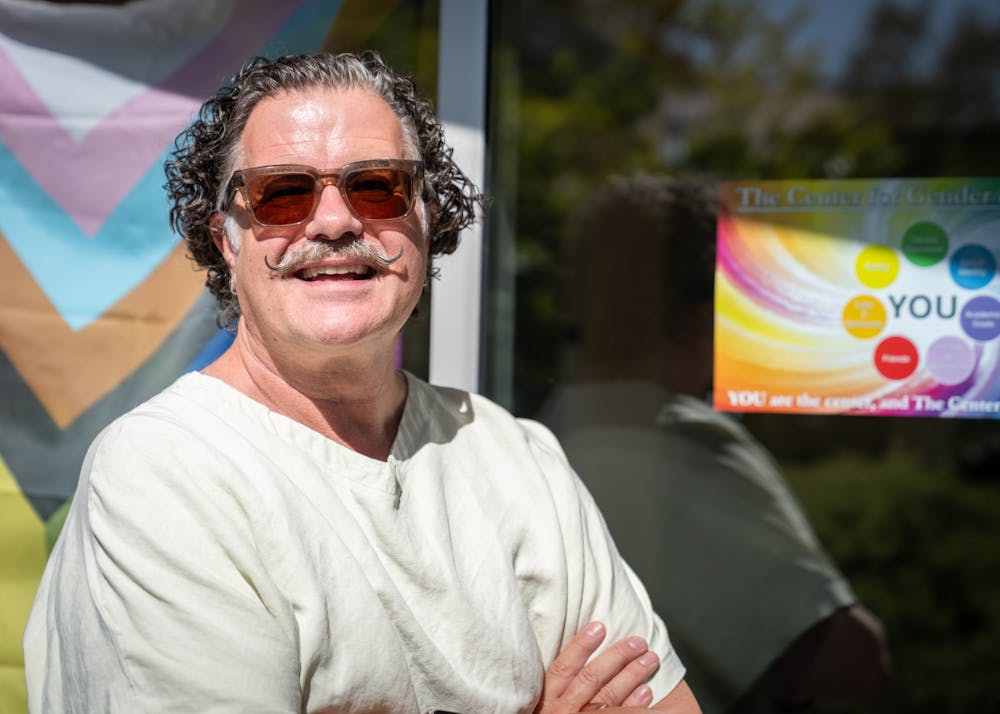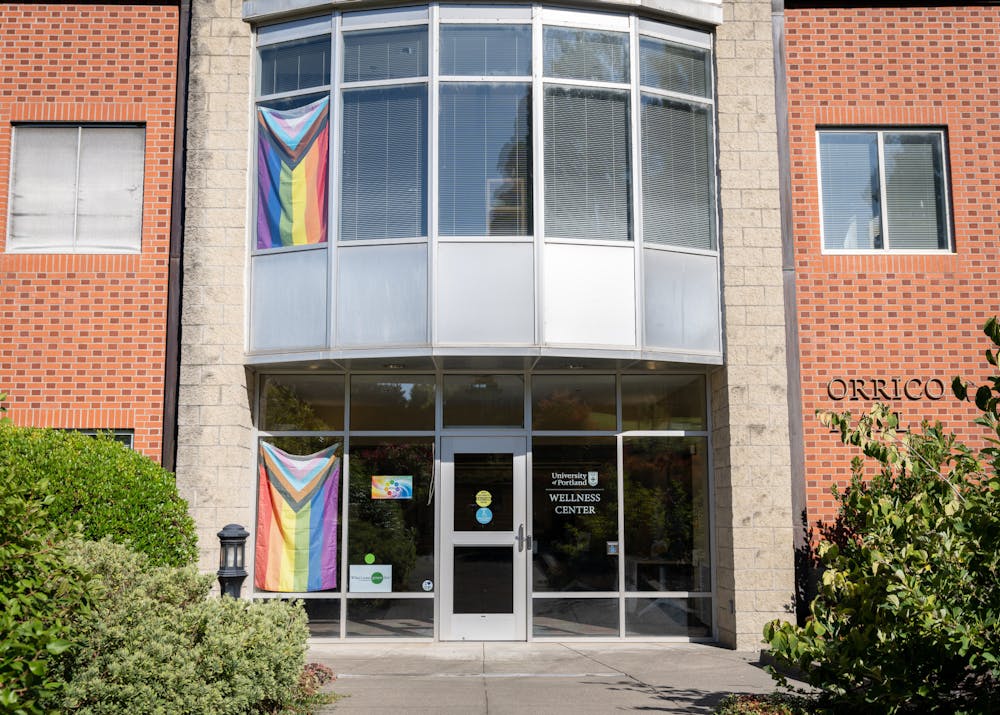This fall, UP’s inaugural Center for Gender and Sexuality officially opened its doors to the UP community. The center, located on the lower level of Orrico Hall, is one of the latest efforts by the University to cultivate a more inclusive environment for the LGBTQ+ community.

The center will be hosting their grand opening on Oct. 9 from 3 p.m. to 5 p.m. and invites all members of the community to join and learn more about what events the center will host.
Throughout the year, the center plans to host conversations on the intersections of health, faith and gender in collaboration with the Wellness Center, Campus Ministry, faculty and staff. Director of the Center for Gender and Sexuality, Gregory Pulver, and Assistant Director of the Center for Gender and Sexuality, Julian Tiffay will be spearheading the center as well as the conversations.
Drop-in hours will be held Monday through Friday from 1 p.m. to 5 p.m.
For Pulver, linking sexuality with health is crucial to providing resources to support students.
“[For] people who are transitioning, that's a big thing to [go through],” Pulver said. “So we want to definitely have a partnership with health and wellness and counseling so if we get someone, not even in crisis but just like, ‘Wow, I'm just really confused about all this stuff,’ there’s a direct link to [support].”
He hopes by having a partnership with Campus Ministry, the center will also be able to help community members who may be struggling to reconcile their faith with their sexuality.
“If students come in and they're completely conflicted by what their church spirituality is telling them that they can or cannot do, that we can help,” Pulver said. “We can help be pastoral to them and make sure that they are clear and they have a really great path with God and with their own identity.”

The center’s development began after a survey conducted by Director of Student Activities Jeromy Koffler, former Associate Vice President for Student Development Tammy Herdener and the Gender Sexuality Partnership (GSP), revealed that LGBTQ+ students felt a lower sense of belonging on campus compared to their peers, according to Koffler.
For Koffler, dedicating time to the project was essential, driven by his commitment to student well-being.
“I don't like to see students suffer,” Koffler said. “I don't like to see students not feel like they belong here at UP, or that they feel marginalized in some way. I want every student to be successful, and I feel like this was something that we could do in a concrete way to support them.”
Koffler also hopes this will demonstrate how the university can take charge as an institution in making inclusive spaces for their students instead of solely relying on clubs like GSP to make that possible.
“GSP has been great in terms of supporting students, but GSP should be allowed to just be the club they are, whereas the center can be more than that,” Koffler said.
Although GSP will not have direct involvement with the work the center does, the club will continue to show its support. This will include contributing a lending library filled with queer literature, hosting their educational presentations in the space and filling the walls with graphics of past GSP events, according to the President of GSP Ben Wolff.
“I want this to be a space where people can come build community,” Wolff said. “Because as of now, the only space on campus for queer students to build community is GSP events, and we only do those every other week for an hour — so it's gonna be cool to have a space where it can happen consistently.”
For Pulver, the work he puts into the center is aimed to make members of the LGBTQ+ community feel like they belong on campus.
“If I can surround everybody with love and understanding and to know that they have a place here and belong here, that's what's important to me,” Pulver said.
Tiffany Marquez Escobar is the Diversity, Equity & Inclusion Editor for The Beacon. She can be reached at marqueze25@up.edu.








